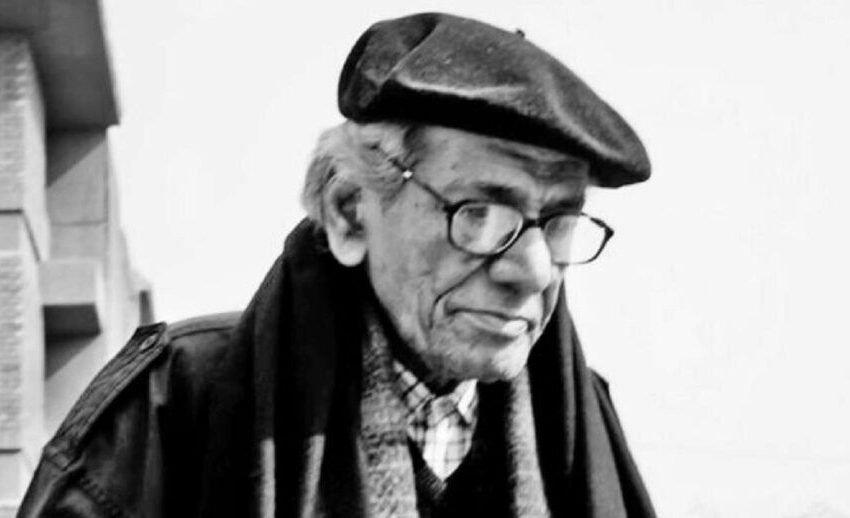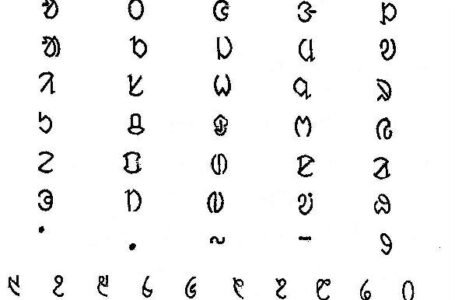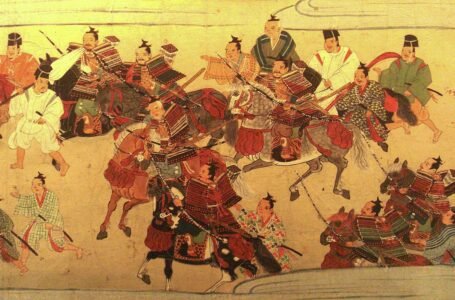Habib Tanvir: The Maverick Playwright Who Revolutionised Indian Theatre

-Bhoomee Vats
Habib Tanvir, born on September 1, 1923, was 86 years old when he died in 2009. His connection and working with the stage stayed alive until his death and hence spanned nearly three-quarters of his life. In the time he worked for the theatre as a playwright and director, he not only evolved a new style and idiom for his own work but also, in many ways, redefined the very core concept of modernity, particularly in relation to culture. As a high school student, Tanvir had participated in stage plays in Raipur, but it was not until the 1940s in Bombay that he could seriously work with the theatre. This was only possible when he joined the local chapter of the Indian People’s Theatre Association (IPTA). The journey of Tanvir in theatre brought forth a large and highly versatile collection of plays, which includes original texts along with adaptations of Sanskrit and Elizabethan classics, Moliere, Zweig, Brecht, and Tagore.
Tanvir’s journey to Bombay is an interesting story in itself. When he was in his early 20s and pursuing his studies at Aligarh Muslim University for a Master’s degree, halfway through the course, he decided to change paths and, instead, explore the possibility of having a career in cinema. Due to this, he travelled to Bombay and, since he did not have any money to pay for the train ticket, he applied for recruitment in the Royal Indian Navy, which offered a return fare to enable all applicants to travel to Bombay for preliminary interviews. But Tanvir didn’t make it to the Navy because that was initially not what he wanted. But now that he was in, that was all that he had actually desired.
Bombay’s left-wing politics
During those days, politics was at its peak. The surroundings were filled with revolutionary activism, and Bombay, now Mumbai, was one of its major centres. Slowly but surely, the young Tanvir was also drawn to leftwing politics and became actively involved in its cultural movement, which was led by the Progressive Writers’ Association (PWA) and IPTA. His association with these organisations brought him in contact with devoted supporters like Ali Sardar Jafri, Sajjad Zahir, and Shaukat and Kaifi Azmi, as well as Balraj Sahni, Dina Pathak, Khwaja Ahmad Abbas, and Zohra Sehgal. All these relationships helped him grow not only artistically but also politically. It would not be wrong to say that Bombay was the fire in which Tanvir’s social and cultural consciousness was tested.
When the left movement died down and IPTA virtually became dysfunctional, Tanvir left Bombay and decided to move to Delhi in 1954. The reason he states for this move is that he wanted to get out of the way of the temptation to act in films:
“Because by then I had come to the conclusion that in the cinema of those days there was no autonomy for the artist – you could not act the way you wanted, nor direct the way you wanted. The producer, who had no artistic sense, who was only a money bag, a financier, would meddle in the work of the director, actor, writer, everyone… Anyhow, right or wrong, I was convinced that I had something to say. And for what I had to say, in aesthetics, in the performing arts, as well as what I had to say socially, politically – the medium was not the cinema, it was the theatre. This was a very clear realisation in the early fifties, which brought me to Delhi.”
A new ‘stage’ of life
In Delhi, Tanvir started all over again with schooling children, writing and staging plays for and with them, before eventually producing the first developing version of his most celebrated play, Agra Bazar. The play was first staged in the Okhla campus of Jamia Millia Islamia, with teachers, students, and residents of Okhla village in the cast, and was part of the Nazir Day events organised by the Jamia chapter of PWA. It dramatized and demonstrated the work, life, and times of an unusual 18th-century Urdu poet, Nazir Akbarabadi. The production, event though it was still in an early stage, not only made Tanvir’s permanent relocation to Delhi concrete but also turned out to be his debut as a playwright-director on the theatre scene.
A year later, in 1955, he went to England for theatre training and travelled extensively through Europe, watching plays and meeting directors and actors. He even travelled to Berlin with the express purpose of meeting the great German director, Bertolt Brecht. Although the meeting failed to materialise, Brecht died in Berlin in August 1956, Tanvir spent nearly eight months watching the performances at the Berliner Ensemble, sitting in on their rehearsals, and discussing the productions and Brecht’s theatre practice with artists like Helene Weigel and Elizabeth Hauptmann. He saw the practical examples of Brecht’s “epic” theory, which offered a radical alternative to the artistic and social restrictions of the dominant individualist forms of middle-class drama.
The birth of Naya Theatre
Tanvir spent several years researching and studying folk traditions in drama, storytelling, music, and dance. He frequently wandered through the interiors of Chhattisgarh, living with and talking to local groups and individual performers. After several long years of sustained, single-minded pursuit through exploration and experimentation, he eventually arrived at a theatre where he worked almost exclusively with village actors who brought with them their traditional style of acting. His productions not only used traditional performers but also made abundant use of folk music and musicians and, frequently, of folkloric narrative material. The language of his plays, too, became in large part the folk speech. In short, his plays were created in remarkably proximity to the traditions of folk performance in India in general and in Chhattisgarh in particular. It was in 1959 that Tanvir and Moneeka Mishra, his partner in life and theatre, founded Naya Theatre. Success came in 1970 in the form of a Sangeet Natak Akademi award, with the institution commissioning a large number of performances of Agra Bazar in several cities from Delhi to Srinagar.


